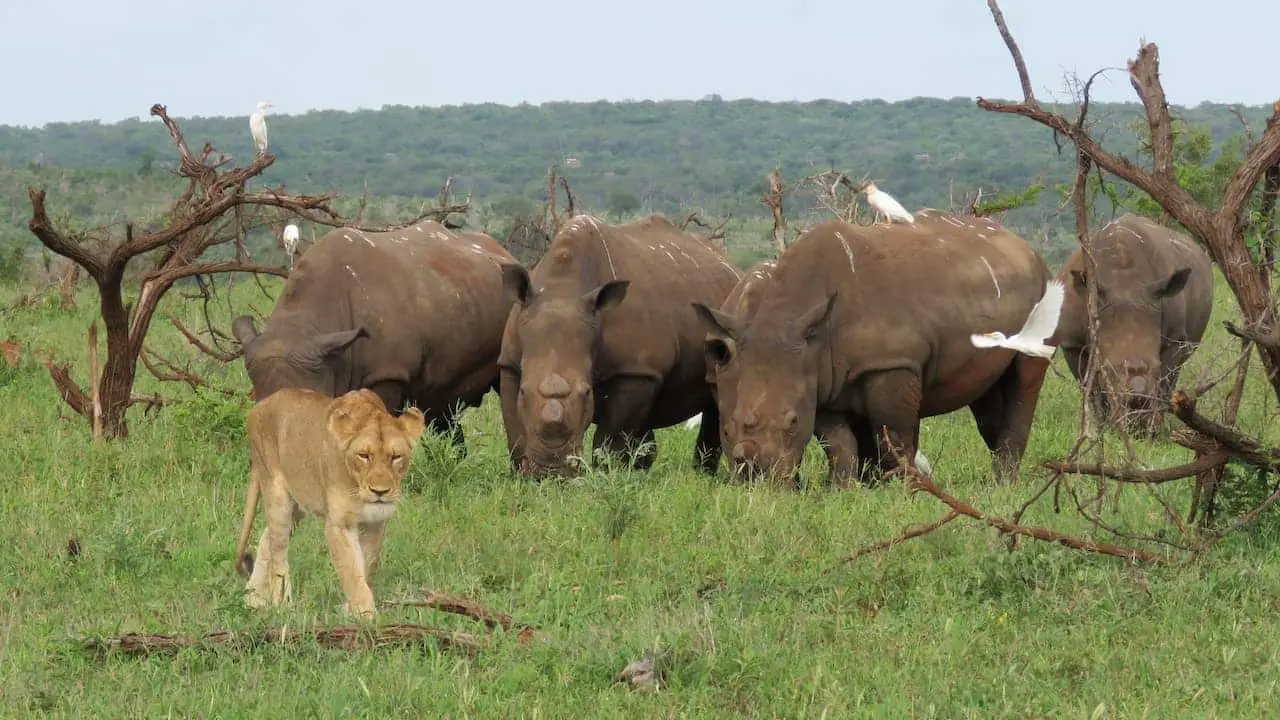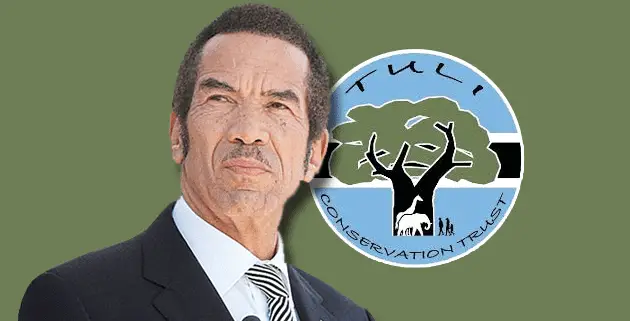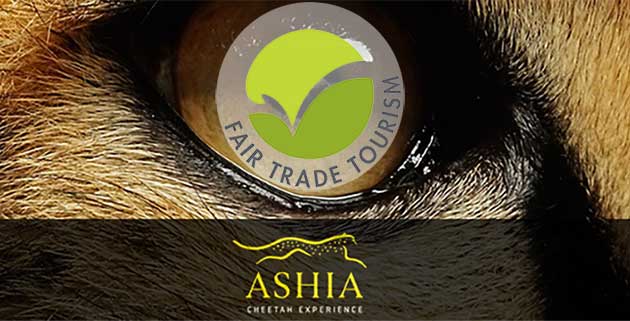Lion Trade Threatens South African Tourism Industry
Annually, millions of tourists flock to South Africa to experience the country’s unique wildlife. But behind this booming industry is an ugly truth, many wildlife encounters support the mistreatment of iconic species, such as lions.
Tourism plays a vital role in job creation and contributed over R130 billion to the economy in 2017, about 2.9% of the total gross domestic product (GDP).
However, exploitative wildlife interactions such as cub petting, walking with lions and the associated voluntourism sectors are all closely linked to the captive predator breeding, canned hunting and lion bone trade in South Africa. All of which has the potential to drastically damage South Africa’s reputation as a tourist destination.
A recent study has shown that nearly half of the captive lion facilities in South Africa are directly linked to tourism through offering one or more of these unethical activities, explains Fiona Miles, Country Director of FOUR PAWS in South Africa, one of the largest national animal welfare organisations fighting for the protection of big cats.
A vicious cycle
Lions used in wildlife encounters are bred in captivity and kept for commercial purposes on more than 300 farms with an estimate of between 8,000 and 10,000 lions living in captivity in South Africa.
To ensure tourists can interact with lions, cubs born on breeding farms need to be habituated. This is done by removing the cubs from their mothers (usually) within days of birth and hand-rearing them through bottle feeding, which is often carried out by paying international volunteers. It is a vicious cycle that follows the birth of lion cubs.
Dragging down the South African name
“Although global trends in responsible tourism are showing that tourism is moving away from such exploitative captive wildlife interactions, many tour operators at home and abroad continue to promote these activities to their clients,” says Miles.
“Local and international visitors carry on supporting hands-on captive wildlife facilities either through a lack of awareness or purely to get that perfect wildlife selfie.”
In addition, the captive lion trade has the potential to tarnish South Africa’s reputation as a conservation leader.
A recent legacy Report of the Portfolio Committee on Tourism in the Fifth Parliament on the effects of wildlife interaction found the safari niche market has been marred by the growth of animal interactions and canned hunting, which have “damaged the country’s brand as a champion of wildlife conservation”.
According to a report by the South African Institute of International Affairs on the economics of captive predator breeding in South Africa, the country’s tourism brand value could potentially be negatively affected by as much as R54 billion in lost revenue over the next decade, if the captive lion breeding industry is allowed to thrive.
Take a stand
But there is a way to prevent further damage to South Africa’s image as a tourism destination, believes Miles, and this starts with ending the demand for these devastating activities.
“Collectively, we need to stop supporting any type of cub petting, walking with predators or associated volunteering options, whether this involves lions, tigers, or cheetahs, as few of these activities support conservation of the species in the wild, as many facilities would like you to believe,” says Miles.
“It is also time for all of the establishments offering these activities to put a stop to it,” concludes Miles.
This is why FOUR PAWS is challenging both the tourism industry and the public to commit to their Lion Longevity Oath: A commitment to end all support of activities and interaction with captivate lions and raise awareness of lion trade and canned lion hunting.
Six major tour operator companies have already signed the oath against visiting establishments where lion cub and other animal interactions take place. In addition, five public figures – ranging from news anchors to activists – have signed the oath. These are supported by more than 5000 public signatures adding their voice to the FOUR PAWS campaign, to date.
About FOUR PAWS: An international animal welfare organisation with headquarters in Vienna, Austria, FOUR PAWS was founded by Heli Dungler in 1988. The organisation strives to help animals in need of sustainable campaigns and projects. The work is based on substantiated research and scientific expertise as well as intensive national and international lobbying. FOUR PAWS focuses on animals that are directly under the human influence: stray dogs and stray cats, farm animals, companion animals and wild animals including bears, big cats and orang-utans kept in inappropriate conditions. With offices in Australia, Austria, Belgium, Bulgaria, Germany, Hungary, Kosovo, Netherlands, South Africa, Switzerland, Thailand, Ukraine, United Kingdom, USA and Vietnam, FOUR PAWS aims to help animals in need directly and quickly.
For more information visit www.four-paws.org.za
Editor’s Note: There are exceptions to the rule, as our articles on Ashia Cheetah Sanctuary and Kuzuko Lodge’s Breeding, Wilding and Release Project clearly shows. Read more on this topic.





